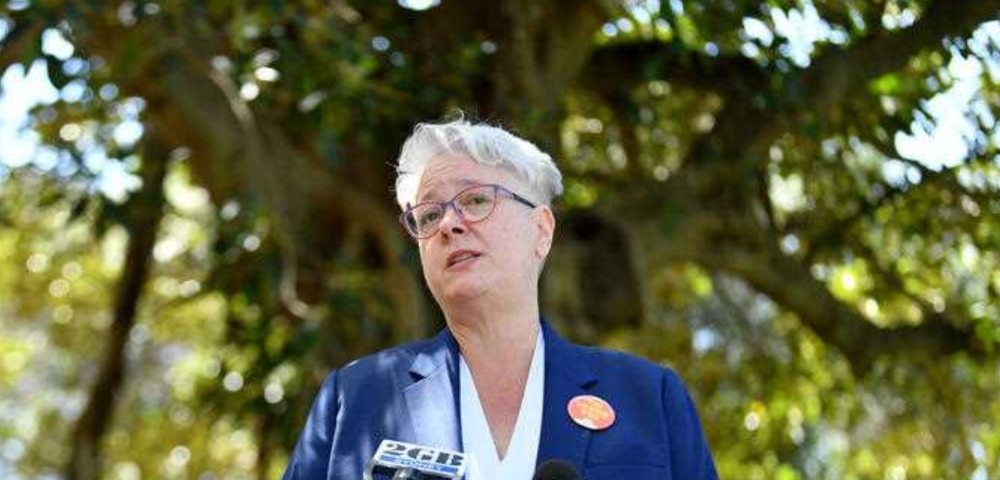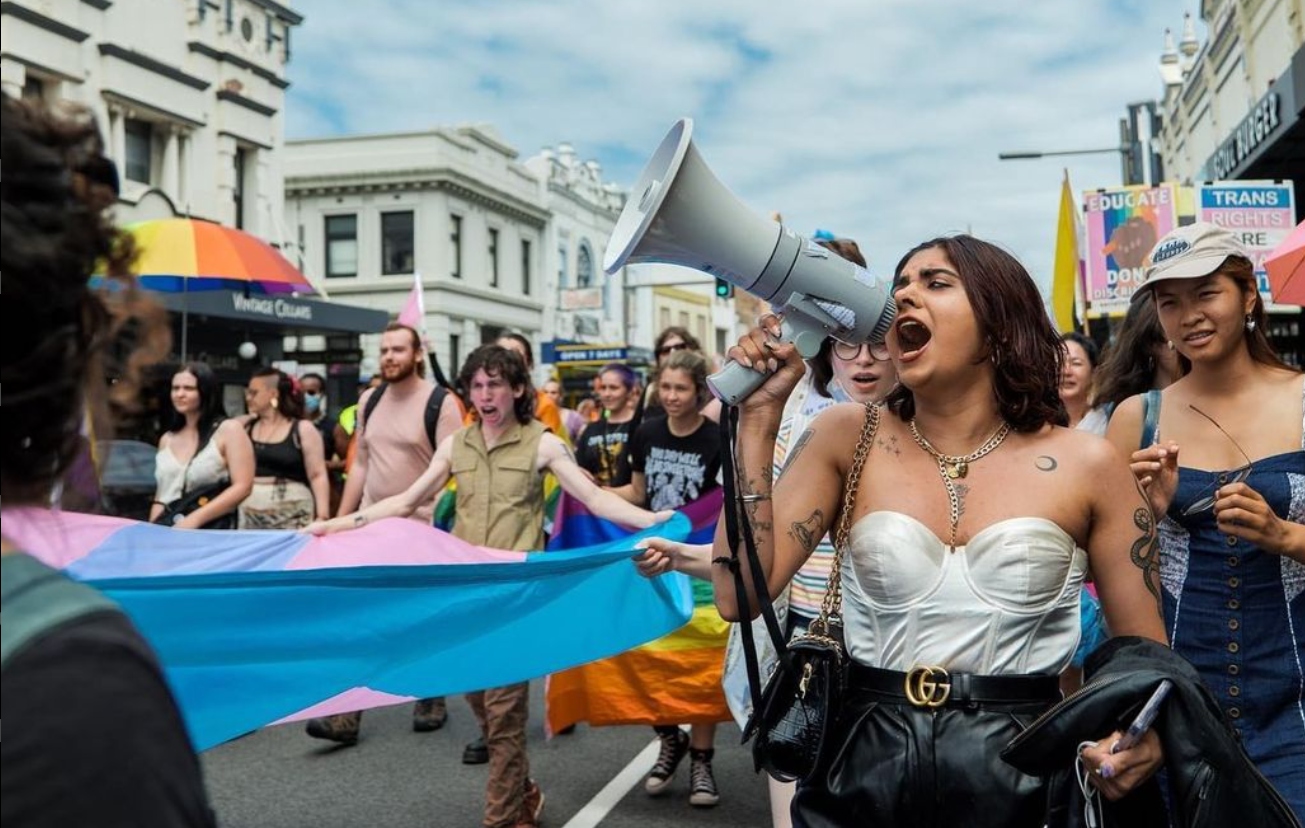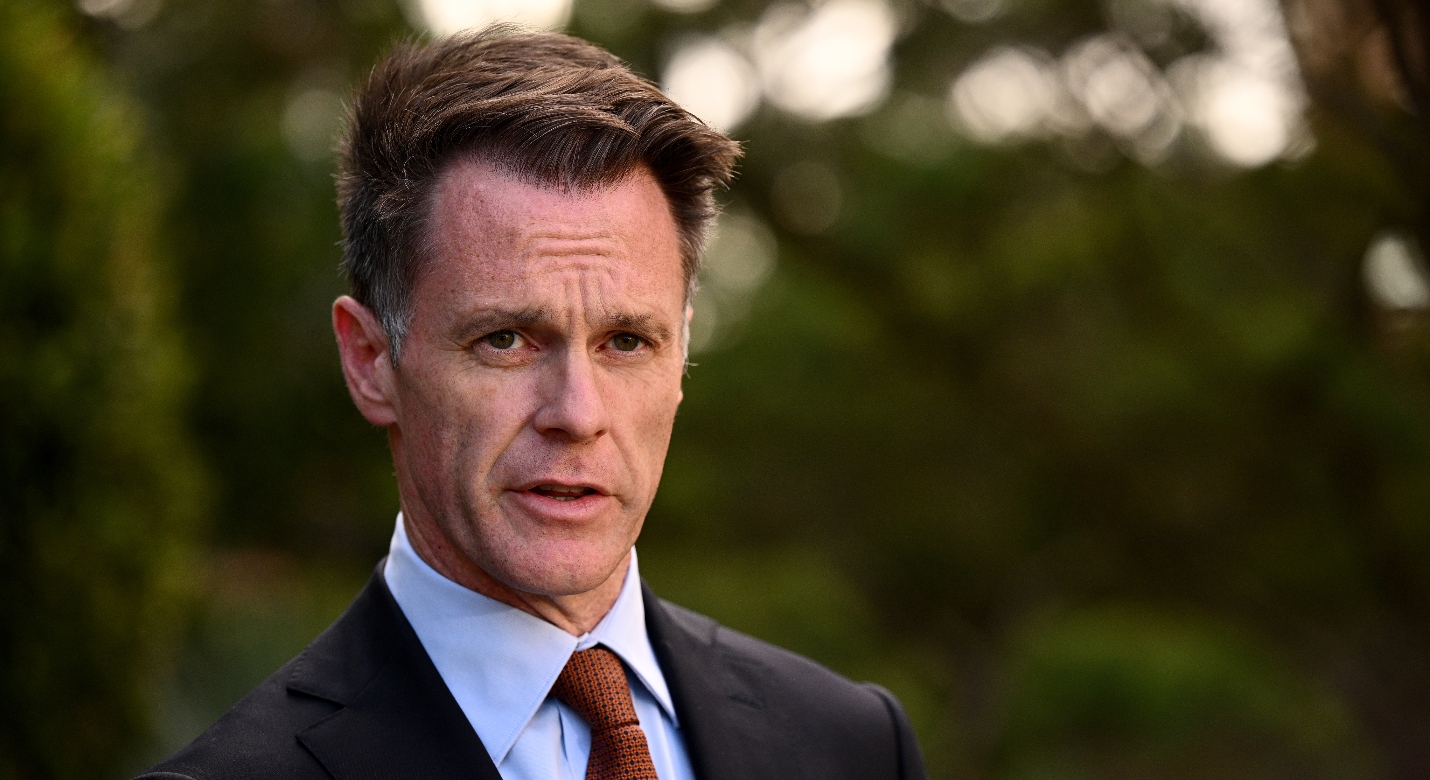

by LAUREN FROST
As the NSW Government ramps up efforts to reduce plastic pollution, campaigners say the single-use plastic ban has failed.
November 1 marked one year since the ban was introduced, but campaigners say the current ban doesn’t go far enough. According to them, the ban on single-use plastics only encourages toxic alternatives and prevents biodegradable products from replacing plastic products in NSW.
On October 29, the NSW Government introduced the ‘NSW Plastics: Next Steps’ discussion paper, where industries, businesses and communities can have their say on helping to prevent the 800,000 tonnes of plastic waste produced each year.
The initiative aims to address plastics that are often littered, that release microplastics into the environment, that contain harmful additives, and that are regulated or proposed to be in other areas of Australia.
But anti-plastic campaigners say this is not enough, and that we should be reducing plastic waste by not producing it in the first place.
Future of anti-plastic policies
Ryan Nelson, the founder of Refilled, a Sydney-based startup aiming to eliminate 100 million single-use plastic bottles by 2030, had this to say:
“The single-use plastic ban has tried, but it has failed. NSW remains far too dependent on plastic.”
“In its current form, the ban fails to address the most egregious single-use plastic problem, plastic drinks bottles. More than 891 billion single-use plastic bottles are produced worldwide every year and less than 20% are ever recycled,” he continued.
“Many are purchased and consumed on the same site within minutes, in places like gyms, cinemas, shopping centres and universities. Billions of plastic bottles make the short and highly destructive journey from factory, to consumer, to bin, to landfill. This is a problem that governments have no idea how to solve. They are fiddling around at the edges by banning trivial plastic items like lollipop sticks and bread ties. Plastic bottles are a much bigger problem that needs to be solved.”
“The best way to reduce plastic waste is not to make it in the first place,” Mr Nelson asserted.
Widespread pollution problem
Minister for the Environment Penny Sharpe has commented on the severity of plastic pollution, saying that “By 2050 there may be more plastic than fish by weight in the world’s oceans.”
“Plastic has become so widespread that we are constantly eating, drinking and breathing it in,” she said.
Whilst many products that we rely on are comprised of plastics, there are a significant number of items that could be redesigned or phased out to reduce the amount of plastic waste the state produces. Lollipop sticks, cigarette butts, bread tags and heavyweight plastic shopping bags are but a few examples of such items.
Fionnuala Quin, founder and CEO of startup Kelpy, said “We are seeing some true innovation in the novel material space which will require a review of current regulations to ensure truly sustainable solutions are not precluded from the market.”
“Consumers cannot compromise on food safety, so some packaging items are absolutely necessary,” she continued. “Current approved alternatives include wooden and paper items, but not other bio alternatives regardless of certification. PLA, sugarcane and even paper products containing PFAS and other toxins are currently allowed.”
“Greenwashing has abounded in recent years with many misleading claims about biodegradability confusing consumers and regulators.”
Kelpy has developed a high performing, 100% bio-derived and majority seaweed polymer solution.

Local action
Several councils across Sydney, including Randwick Council and the Inner West Council, have partnered with RecycleSmart to offer residents free regular collections of hard-to-recycle items. This includes e-waste, soft plastics, clothing, and misfit and problem waste.
However, only a small portion of plastic waste in NSW is recycled.
“NSW alone generates 800,000 tonnes of plastic waste each year and only 12% of it is recycled,” Minister Sharpe said.
Non-recycled plastic waste doesn’t simply vanish. It enters the environment, harming wildlife and posing a threat to human health. Moreover, plastic pollution and production are substantial contributors to climate change. Often, these plastics are from non-essential items.
Feedback on ‘NSW Plastics: Next Steps’ will be open from the 29th of October 2023 to the 4th of February next year. Visit NSW Environment Protection Authority launch to have your say.









